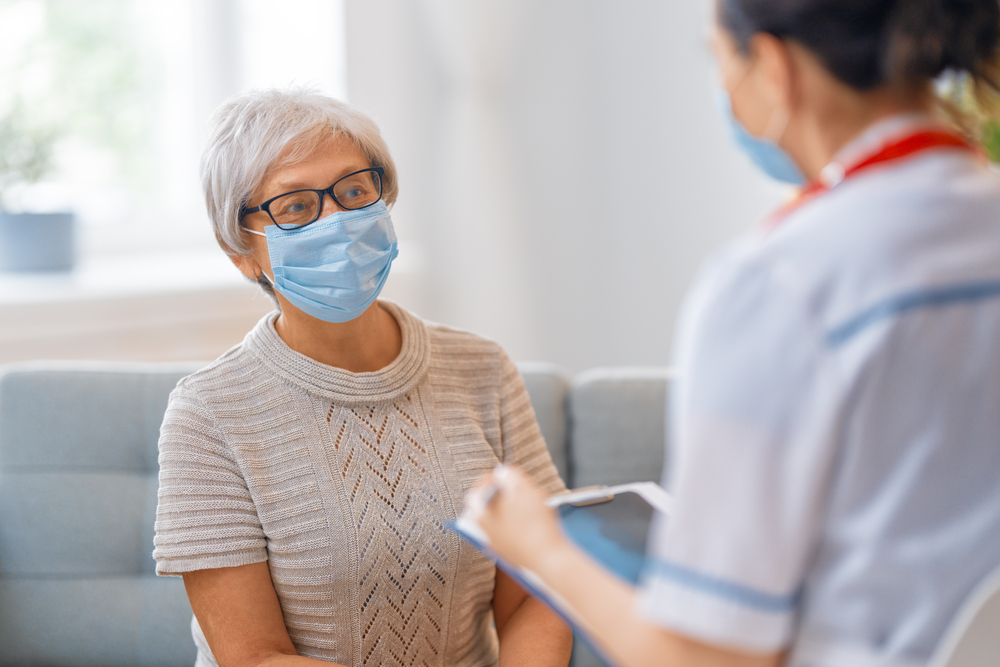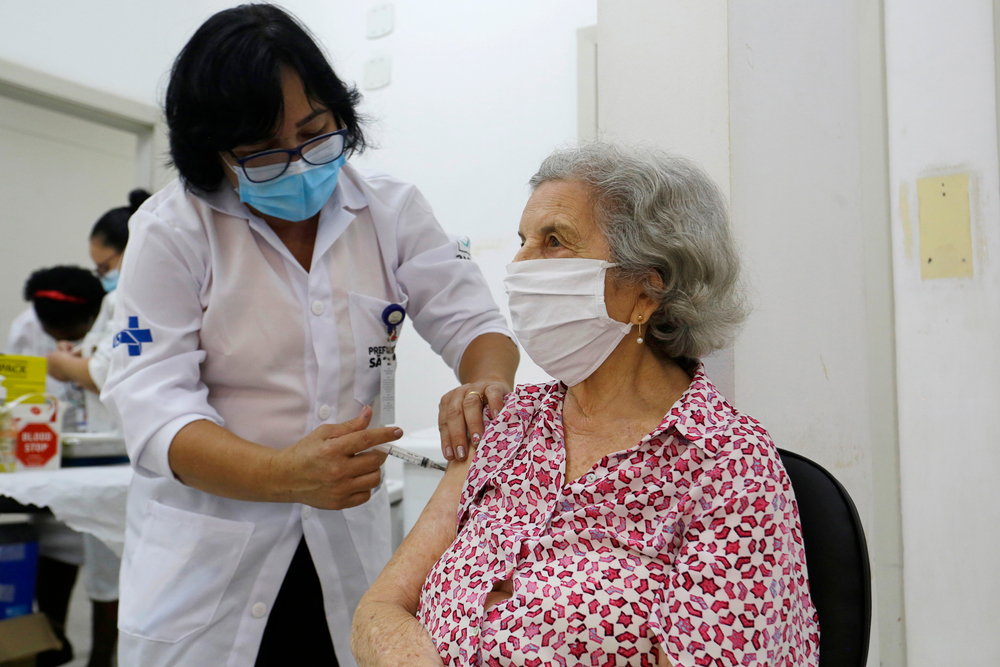Multi-generational households, living alone and ethnicity – older people and the risk of severe COVID-19 outcomes
21 February 2023
Researchers carried out an analysis of older people and the risk of severe COVID-19 outcomes using the OpenSAFELY research platform
Overview
Population-level research from England has revealed that older people in multigenerational households, or living alone, had an increased risk of hospitalisation or death from COVID-19, and that risks differed by ethnicity. Understanding who is most at risk of severe outcomes could assist with the targeting of vaccination booster programmes, and in preparing for future pandemics.
Challenge
During the pandemic evidence began to indicate a link between ethnicity and COVID-19 outcomes, with South Asians particularly severely affected. One suggestion was a link to living arrangements.
Identifying any links between ethnicity, living arrangements and COVID-19 could be valuable for future healthcare planning.
Solution
Research part-funded by HDR UK using the new OpenSAFELY research platform resulted in the country’s first analysis of up-to-date population-level data to assess the effect of multigenerational living on severe COVID-19 by ethnicity. The study focused on people already at risk of severe COVID-19 due to older age, and included 2,692,223 people aged over 67 in Wave 1 (1 February 2020–31 August 2020) and 2,731,427 in Wave 2 (1 September 2020–31 January 2021).
This led to the publication of a paper entitled Association between household composition and severe COVID-19 outcomes in older people by ethnicity: an observational cohort study using the OpenSAFELY platform (International Journal of Epidemiology, August 2022).
Patient confidentiality was enhanced by using OpenSAFELY – a transparent open-source platform that exceeds current requirements on the security of sensitive healthcare data and publishes the full code for every analysis by default to ensure all work is reproducible, and high quality.
Impact
The findings have the potential to significantly influence ongoing efforts to combat COVID-19 and for being prepared to respond rapidy and effectively to other pandemics.
In both waves older South Asian and White people in multi-generational households were at greater risk of severe outcomes. The risks increased with the number of generations and also with the number of people per household.
In Wave 2 White people living alone were at particularly high risk – possibly because there was no one to look after needs like shopping or collecting medicines.
Older people living in socially deprived multi-generational households were also at greater risk than those in more affluent circumstances.
While South Asian older people were over-represented in multigenerational households, the majority of White older people lived alone.
Lead author, Dr Kevin Wing, Assistant Professor of Epidemiology at the London School of Hygiene & Tropical Medicine, said: “When the next pandemic arrives the same groups are likely to be hard-hit. So this research could be highly relevant – preparations need to take factors like people’s living arrangements very much into account.”
The research also showed that it is not only deprivation that is driving differences in outcomes by ethnicity, as the effect of deprivation on severe COVID-19 was found to be worse amongst older South Asian people than in people from other ethnicities.
Dr Kevin Wing said: “Deprivation is not the only driver of observed ethnic differences in COVID-19 outcomes. Differences by ethnicity in factors such as occupation, inter-household mixing, religion and experiences of structural racism are all likely to be involved.”
What the Impact Committee said:
The committee commended the study’s contribution to public health and its focus on under-represented groups. They cited it as an excellent example of open science which examined a large number of cases and achieved generalisable results.
Contact
In line with the commitment to patient and public involvement and engagement (PPIE), a public website has been set up for people to contact the team about the study or the OpenSAFELY project.
- Email: wing@lshtm.ac.uk



